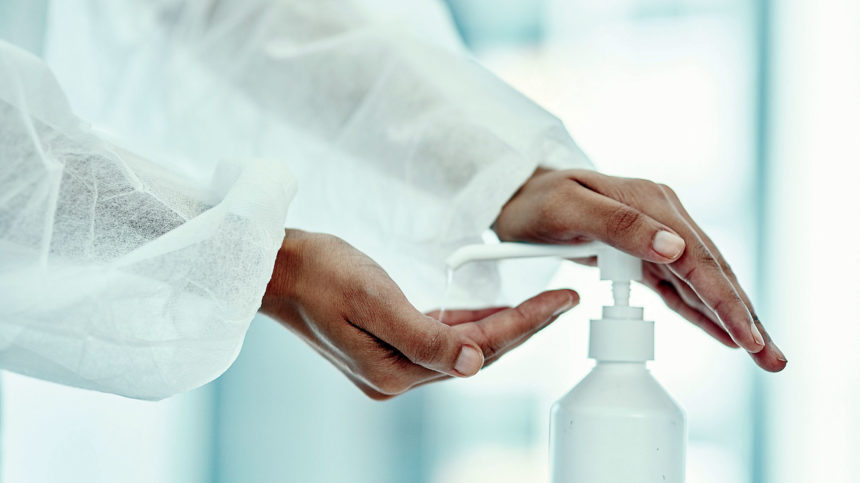
A person’s biology may play more of a role in how Clostridioides difficile, or C. diff, spreads more so than healthcare facility preventive measures, a new study finds. This means that transmission of the bacteria may not be entirely dependent on how well healthcare workers carry out infection control protocol. The study was published Monday in Nature Medicine.
Researchers looked at studies on hospital-acquired infections that let them analyze fecal samples from people in the intensive care unit at Rush University Medical Center over a nine-month span. Information came from more than 1,100 people. More than 9% of nearly 4,000 fecal samples had C. diff. The team used whole genome sequencing on 425 C. difficile strains.
Researchers found there wasn’t evidence that the strains were the same person to person — something that would indicate the person contracted the infection in the hospital. Only six transmissions happened over the study period, the authors found.
“By systematically culturing every patient, we thought we could understand how transmission was happening. The surprise was that, based on the genomics, there was very little transmission,” the authors said.
“Something happened to these patients that we still don’t understand to trigger the transition from C. diff hanging out in the gut to the organism causing diarrhea and the other complications resulting from infection,” said Evan Snitkin, PhD, a researcher from University of Michigan Medical School.
It doesn’t mean that infection control measures aren’t needed or don’t work; they probably helped with the low transmission rate, the authors said.
Healthcare workers need more steps to identify people who have the bacteria, and try to prevent infection in others, the authors said. Only about 5% of the population outside of a healthcare setting has C. diff in their gut, where it usually doesn’t cause problems, they noted.
“We need to figure out ways to prevent patients from developing an infection when we give them tube feedings, antibiotics, proton pump inhibitors — all things which predispose people to getting an actual infection with C. diff that causes damage to the intestines or worse,” Vincent Young, MD, PhD, another team member from University of Michigan Medical School .
The team wants to look at using artificial intelligence models to try to predict which people are at risk for infection, and pinpoint people who already have it.



